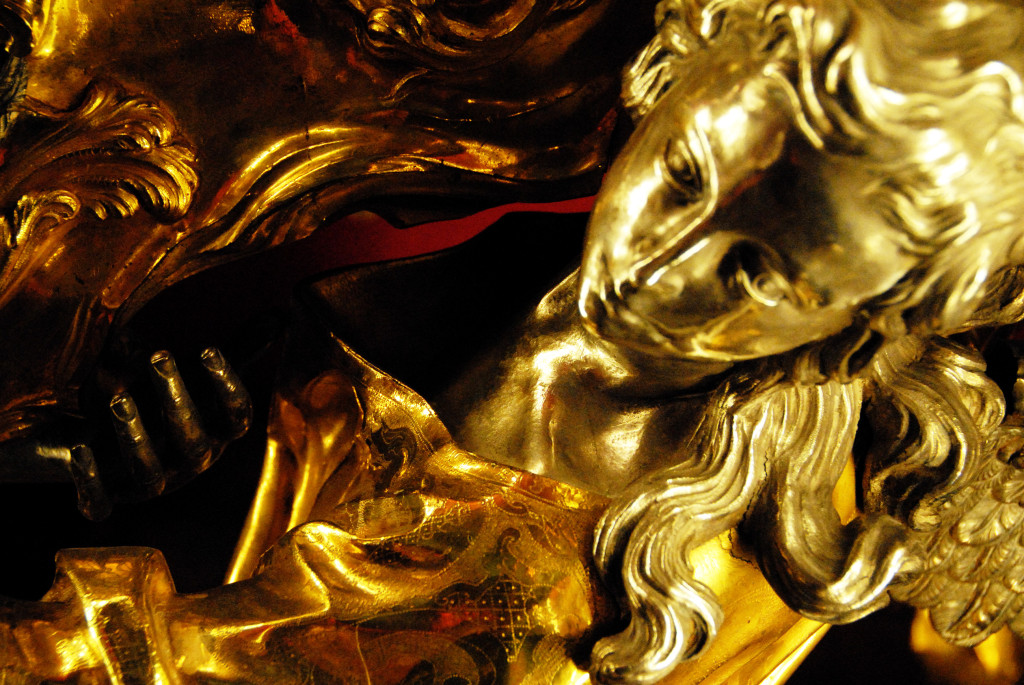The Interpretive Planner of the Future
I recently participated in the Future of Museums virtual conference, organized jointly by the New Media Consortium and AAM’s Center for the Future of Museums. Much of the conference centered on trends identified in the 2013 Horizon Report Museum. It was a wonderful opportunity to hear examples of how museums are beginning to explore these trends now and how these and other digital trends might influence museums in the future. But it also got me thinking: What is the role of the interpretive planner in a crowd-sourced, co-produced, location-based experience? More to the point, what is the role of an interpreter in a future that isn’t so much about interpreting objects or events as it is about enabling conversations?
As I listened to the conference speakers and read the ongoing dialogue of participants, I wondered whether the current approach to interpretive planning, one that focuses on a story broken down into five themes each with three subthemes, will serve the future museum well. Perhaps by relinquishing the burden of being the key story strategist, the interpretive planner of the future can become more of a facilitator: listening, asking questions, and encouraging ongoing dialogue. Perhaps the interpretive planner of the future is more talk-show host than developer. I suspect that the role of the interpretive planner will evolve along with the museum, but it might be fun to experiment now.

